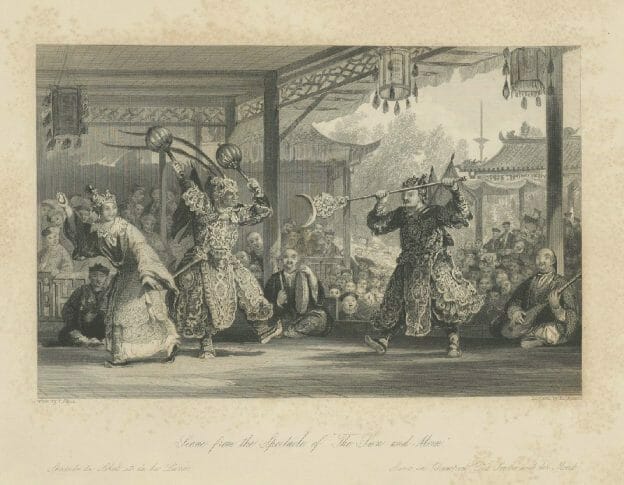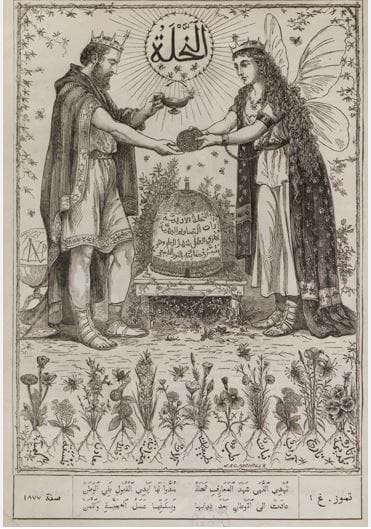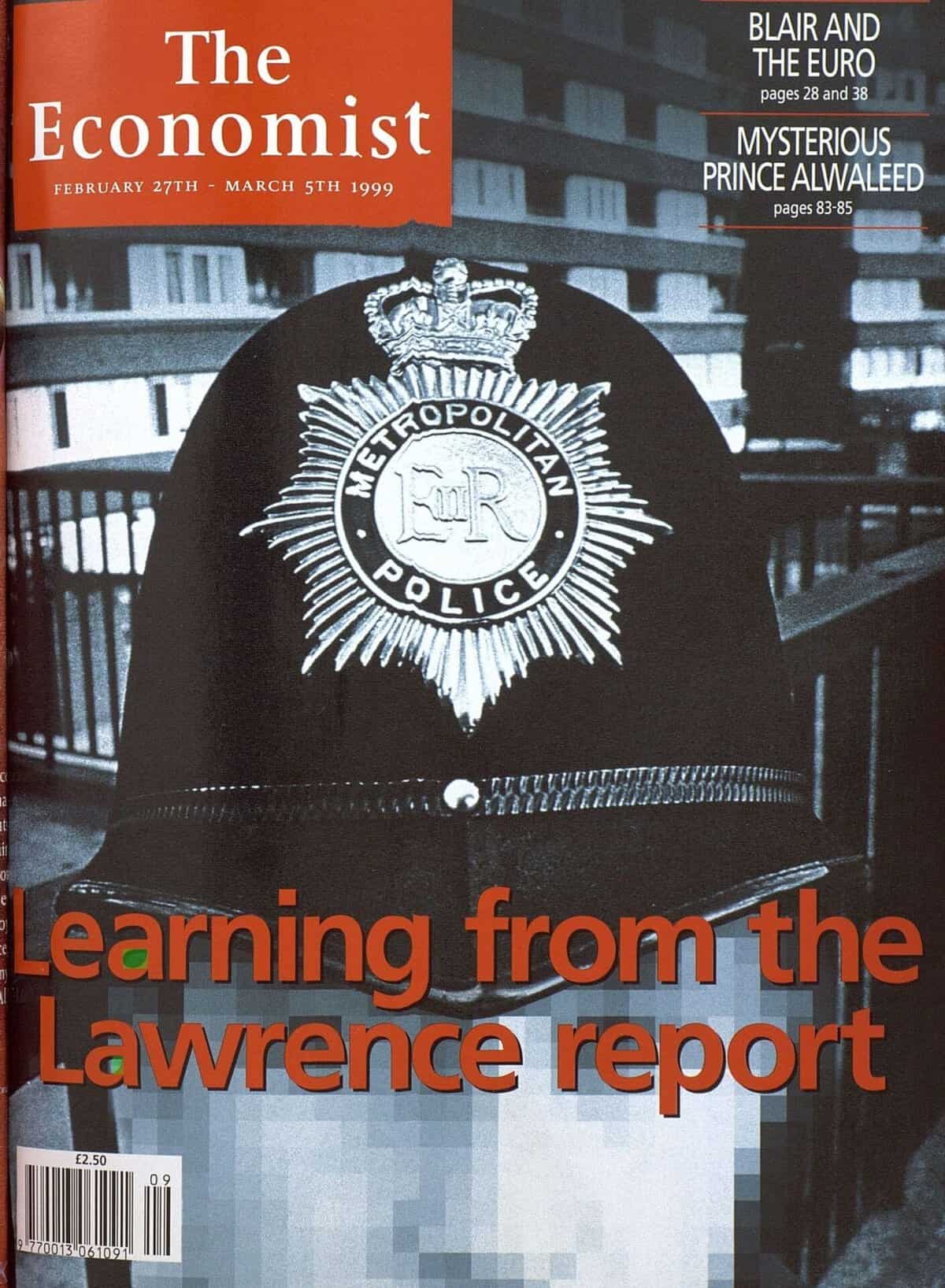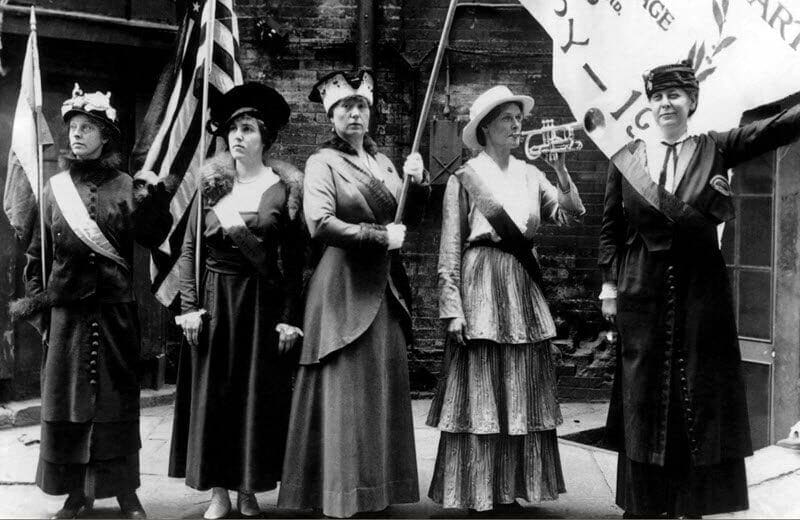By Rebecca Bowden, Associate Acquisitions Editor
The upper and middle classes of the Victorian period had more leisure time than their counterparts of previous generations, yet they did not have the electronic devices which sap much of our free time in the twenty-first century – televisions, games consoles , mobile phones… our Victorian ancestors had to create their own fun!










